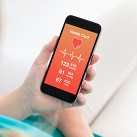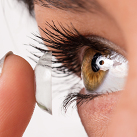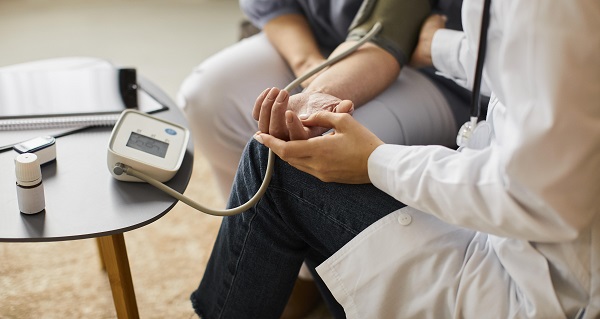Blog
Hypertension
High blood pressure is called hypertension. It is a condition that mainly affects adults but in some cases it is possible to diagnose hypertension even in young children. According to statistics worldwide, one in three adults suffers from high blood pressure. In Greece, hypertension affects about 20% of the total population.
In 90 to 95% of cases, hypertension is characterized as idiopathic, ie due to:
- Hereditary factors
- Increased body weight
- Sedentary life
- Excessive salt intake
- Increased stress
- Arteriosclerosis
In other cases, hypertension is characterized as secondary, ie due to another condition and occurs due to it. The diseases that are blamed for the manifestation of secondary hypertension are:
- Kidney disease
- Renal artery stenosis
- Obstructive Sleep Apnea
- Blood vessel disorders
- Thyroid gland dysfunctions
- Preeclampsia (during pregnancy)
What are the symptoms of hypertension?
Hypertension has also been described as an “insidious disease” because it usually does not cause any symptoms at all. The hypertensive patient may report some symptoms such as nosebleeds, nausea or headache, but these symptoms occur mainly in patients with severe hypertension. Other symptoms that may be associated with high blood pressure include fatigue, dizziness, and heart palpitations.

 Ελληνικά
Ελληνικά









































